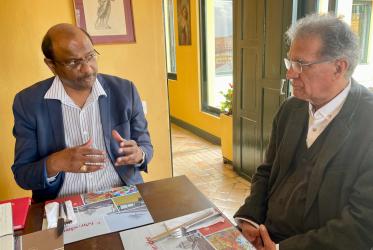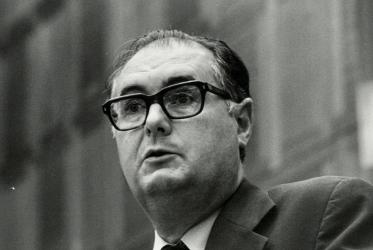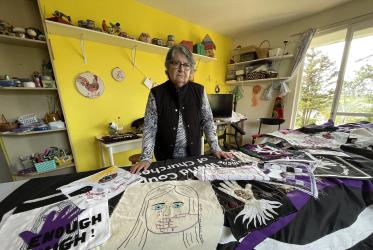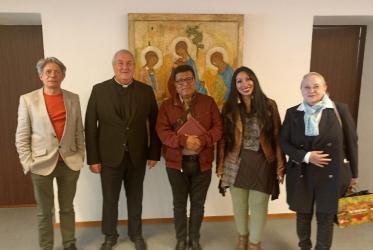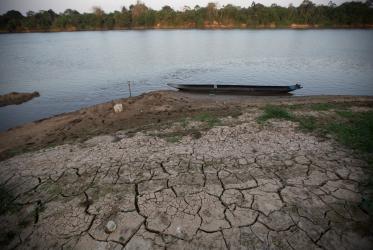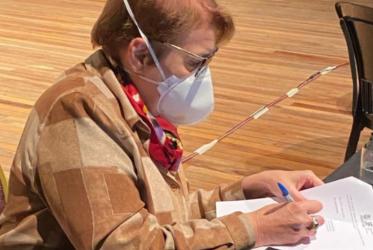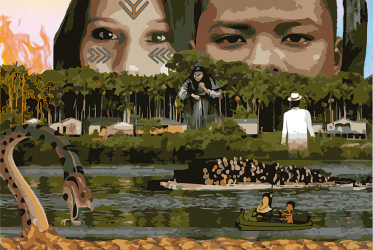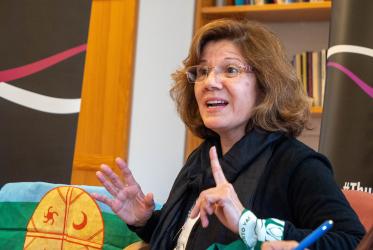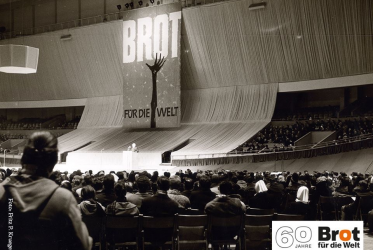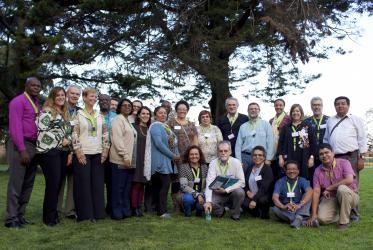Displaying 1 - 20 of 43
The things that make for peace in Colombia
09 April 2024
WCC mourns the death of Julio de Santa Ana
20 April 2023
Brazilian ecumenical water network launched
29 July 2021
New student body at Bossey Ecumenical Institute “a source of joy”
14 September 2020
“Women must keep resisting,” urges Chilean theologian
10 March 2020
Faltering Colombian peace process needs urgent work
07 June 2019

